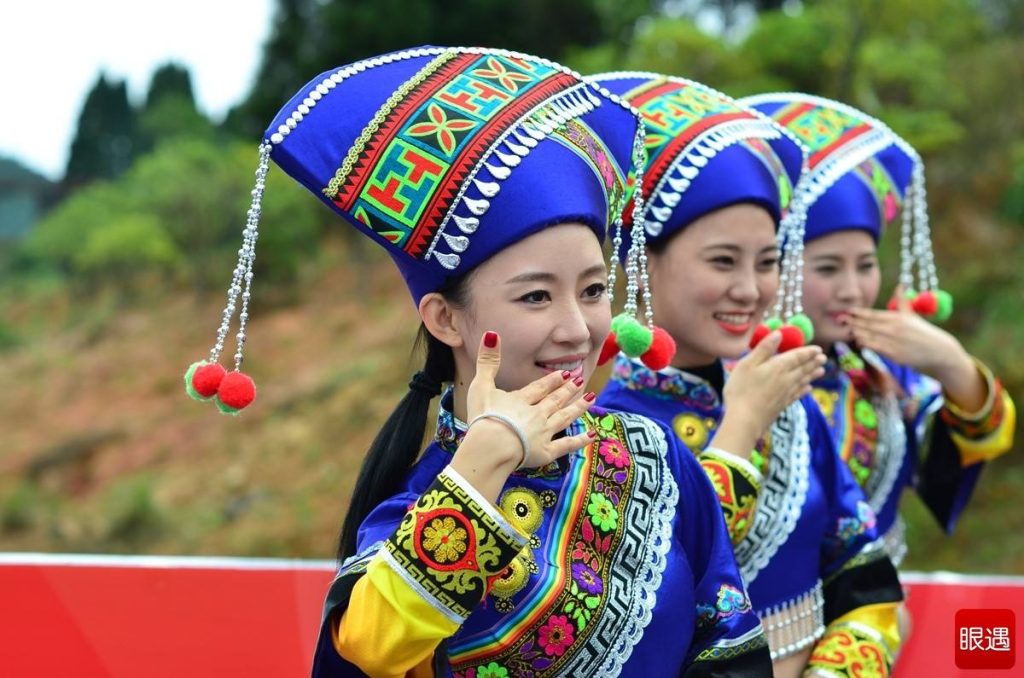
These are some thoughts after 3 months of dealing with a rare and disappearing sub-language of Chinese-Zhuangyu(壮语).
Zhuangyu is the mother tongue of the ethnic group of Zhuangzu(壮族), 1 out of 55 ethnic groups of China. It’s interesting that the group has the largest population compared to other ethnic groups but no written scripts of its language until it joined China in 1958. History was passed down from mouth to mouth until the central government of China helped to create a Latin system of writing in the 1980s to maintain its language. However, these days as the Zhuang kids go to public schools and young generation start to speak Mandarin(汉语普通话) out of a process of urbanization, the maintenance of this language is at a very difficult position.
So, the project this time is to assist a research center to categorize the words into common, proper noun, foreign, etc and then study how to make a sentence. 3 months already, the biggest challenge is on communication side though the availability of resources does not pose a challenge to us; it is very difficult for the Zhuang speaker to understand the client requirement-for one thing, it’s not easy to find a Zhuang speaker that has linguistic knowledge to know the nature of words and their usage; for another, out of the very few ones that match the requirement of basic linguistic knowledge do not necessarily know English. Mostly the inhabitance of native Zhuang people can be found in remote places such as mountainous areas or villages of Guangxi while young generation living in the city do not know how to write. The difficulty of the job turns into how to educate the current speakers with the project directives, translate the client statements in Mandarin and even analyses the words one by one with the speakers. However, the most important thing is to keep finding the most suitable candidate that lessens the pressure and workload from PMing and now we are at phase (II)-creatively writing sentences!! The new candidate after rounds of searching hit the criteria of Zhuang native speaker, writing competence, English speaking(as she’s a college graduate) and linguistic knowledge.
This experience strikes us as the language industry is getting more and more features of consultation and solution providing instead of being only limited to the basic forms such as translation, interpreting, VO, etc as more and more research and multi-media are joining in this localization world while the key to resources is keeping seeking until we find it!
